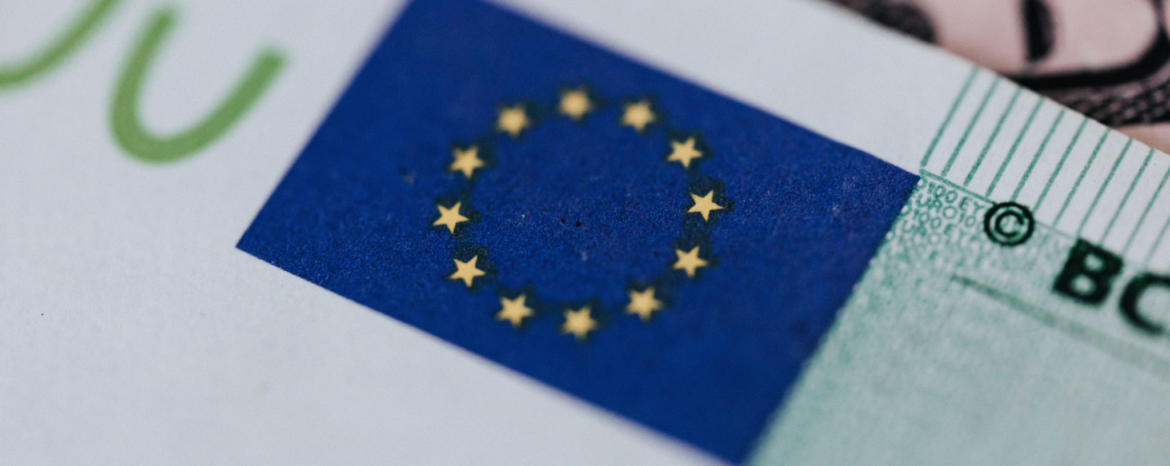The European Union (EU) launched a legal challenge against China at the World Trade Organization on February 18th, 2022, arguing that the Chinese courts were preventing European companies from protecting their telecom technology patents.
The European Commission, which filed the challenge on behalf of the EU’s 27 members, said that EU companies were being deterred from going to foreign courts to safeguard their standard-essential patents (SEPs)
Foreign Court Deterrent & Fines
SEP holders that go to court outside of China in order to protect such rights when their patents are used illegally or without appropriate compensation often face significant fines (examples include a €130,000 daily fine) or criminal charges (executives could be jailed in China for non-compliance) within the China jurisdiction.
In August 2020, China’s Supreme People’s Court decided that the Chinese courts can impose “anti-suit injunctions”, which forbid a company from taking a case to a court outside the country, in addition to which, judgments from foreign courts have been alleged to have been ignored.
Licensing Fees
As outlined in a statement by the European Commission, the Chinese courts have set licensing fees at around half the market rate previously agreed between western technology providers and manufacturers, meaning that Chinese companies pay less for the technology from overseas providers. In conjunction with the “anti-suit injunctions”, patent holders have been placed under intense pressure to settle for licensing fees below market rates.
Such licensing fees are traditionally reinvested into a company’s R&D, therefore lower licensing fees ultimately leads to decreased levels of innovation, detrimental to the future competitiveness of the EU.
EU & China’s Recent WTO Disputes
The Commission’s filing follows another recent high-profile lawsuit over China’s alleged discriminatory trade practices against Lithuania, which also affected other exports from the EU’s Single Market, as such practices also targeted products with Lithuanian content exported from other EU countries.
The case was filed to the World Trade Organization last month after attempts to resolve the matter bilaterally failed. At the current time of writing, China had agreed to consultation after the European Union filed the request with the World Trade Organization last month, with the consultation period set to last for 60 days.
Moving Forward
China has stated that it regretted the EU’s challenge and that it always upheld the multilateral trading system, with the Commission said it had raised the issue on a number of occasions with China, without resolution. The US and Japan have also expressed concerns and are expected to join the EU’s request for consultations.
The EU’s latest WTO challenge against China has begun its initial 60-day period of consultation between the parties, after which, the EU may request a WTO panel ruling. A notable EU-China Summit is also scheduled for April 1st, with the aforementioned disputes likely to be pertinent discussion topics from both sides, not to mention the potential continuance of the discussion on the EU-China Comprehensive Agreement on Investment (CAI). The CAI, which has been on hold for an extended period of time, may act as a potential olive branch between both sides as hope still exists for its ratification.




